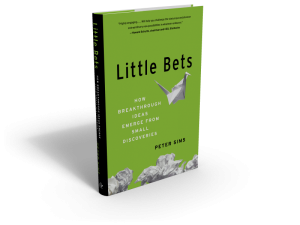I thought people wanted to hear outrageous things. My intention wasn't to provoke. It was to get laughs. To me, what's funny is something that's wildly inappropriate. There's kinda a parenthetical statement: "Wouldn't it be fucked up if someone said this?" And that is where I come from.
I got it from watching my dad make mistakes and say things he shouldn't be saying to strangers. And you see people and there's kinda like a hitch: Did he hear what he just said? Does he understand how that sounds?
And then too I had a guy throw a glass at me one time. And that sorta caused a reversal. It will begin to hurt your business. Clubs don't want to have people in who make people super angry.
Also, he talks about the duality of pain and anger and why it's important to be vulnerable onstage (something he admits he's not good at).
If you have two emotions at the same time, pain and anger. In fact, those two are kind of inseparable. Relate to the pain and it will improve your comedy. Not the anger. Because if you're relating to the anger, it's harder for people. It's a bolder thing.
Even if you are talking about the anger, the pain has to be there. That's where the vulnerability comes in. And that's what I've never been good at onstage. To be like "This hurts. This is me. This is what's wrong with me. This is what I did. This is what I brought to it." It's always just "Here's five things that I hate about these people." And that's a losing formula.
More Pat.
 Chris Rock has become one of the most popular comedians in the world and, while there is no doubt he has great talent, his brilliance also comes from his approach to developing his ideas. the routines he rolls out on his global tours are the output of what he has learned from thousands of little bets, nearly all of which fail.
Chris Rock has become one of the most popular comedians in the world and, while there is no doubt he has great talent, his brilliance also comes from his approach to developing his ideas. the routines he rolls out on his global tours are the output of what he has learned from thousands of little bets, nearly all of which fail.